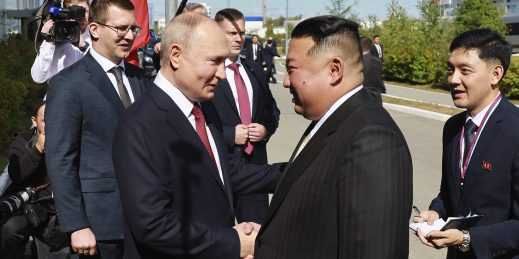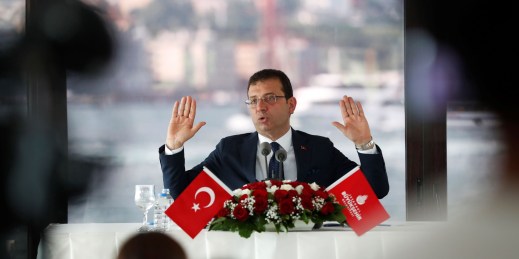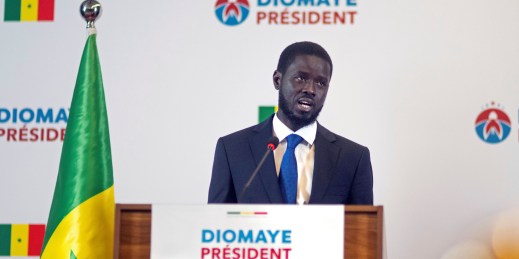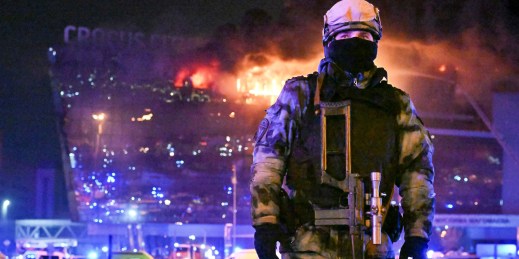Latest Archive
Free Newsletter

What would happen if the U.S. abandoned Ukraine? Former President Donald Trump has suggested he would do so if he returns to the White House next year and predicted he would end the war quickly, most likely by pressuring Kyiv to negotiate. But even if the intent is to bring peace, the practical effect would be to prolong the war.

After years of economic stagnation, Jamaica’s economy has recently experienced rapid and potentially sustainable growth, thanks to effective policymaking. But the economic recovery came at the expense of preparedness for the effects of climate change, which poses significant dangers to Jamaica’s core sectors of agriculture and tourism.
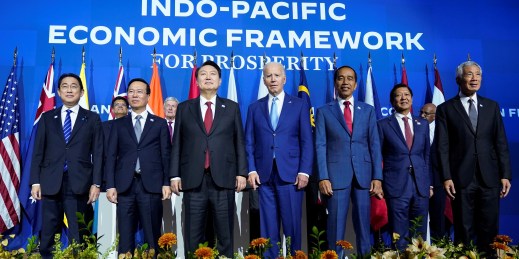
At a time when free trade deals are seen as toxic across the political spectrum, President Joe Biden has promised a “worker-centered trade policy” that aims to create domestic jobs. But from the beginning, his administration’s approach has been met with a great deal of skepticism both from domestic critics and U.S. trade partners.

One of the biggest elections in this “ultimate election year” is the one scheduled for June, when more than 400 million people in 27 countries will be eligible to vote for a new European Parliament. The elections will have considerable impact not only for the people who live in Europe but also for the rest of the world.
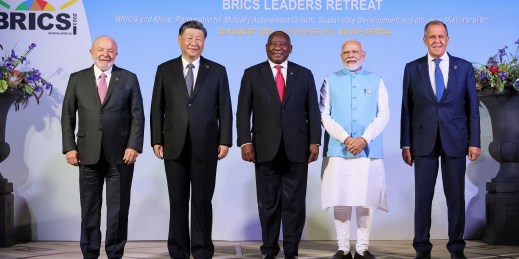
The BRICS group has long sought to challenge Western domination of technologies and infrastructures. Now, cooperation on artificial intelligence is increasingly on its radar. Provided the group aligns its members’ approaches to AI through its new initiatives, its role in international AI governance is poised to expand.
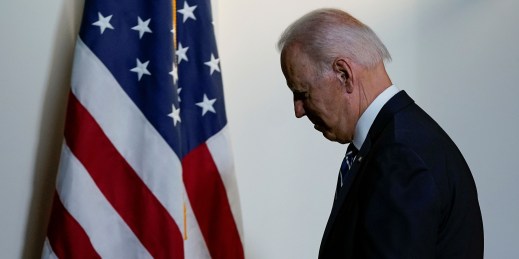
There are few impulses more deeply rooted in the U.S. political imaginary than the urge to remain aloof from the turmoil that often engulfs the wider world. With the possibility of another era of U.S. withdrawal from aspirations to be the world’s “indispensable nation” now looming, Washington’s allies in Europe need to prepare for it.
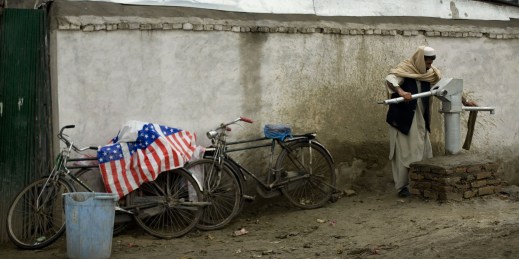
Congressional hearings on the Biden administration’s controversial withdrawal from Afghanistan in 2021 have become a renewed focal point for political narratives about blame. But they also create an opportunity to consider counterfactual hypothetical scenarios that could expand our understanding of the U.S failure in Afghanistan.
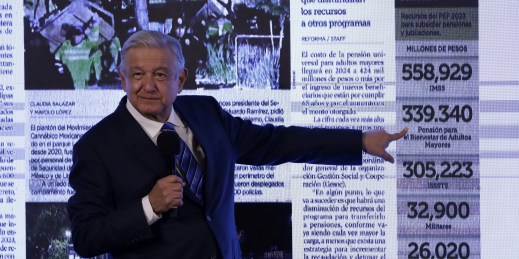
Throughout his five years in office, Mexican President Andres Manuel Lopez Obrador has dramatically altered the country’s landscape, using his popularity to craft and maintain a narrative that often contradicts reality. Now, with his term coming to an end, the question is whether Mexico’s “post-truth politics” will end with it.

While an exit by U.S. forces from Syria and Iraq is unlikely in the near term, it also seems inevitable. That raises the questions of why U.S. forces are still in both countries. Despite the fraught politics around withdrawal in Washington, it’s time policymakers start thinking about how best to bring those troops home.
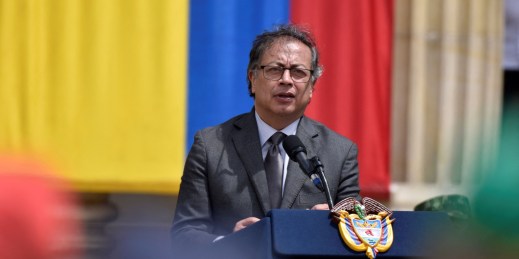
Last week, Colombian President Gustavo Petro threatened to call for a constitutional convention, reopened peace talks with a notorious criminal group and canceled a cease-fire with a dissident FARC faction. Announcements like these would normally create months’ worth of media coverage. Under Petro, they have become almost uneventful.
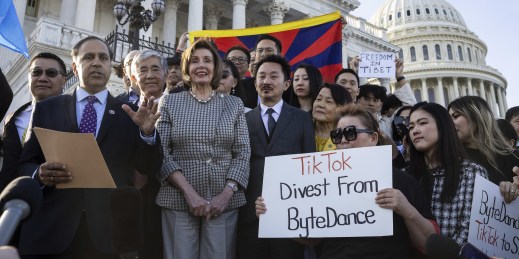
Late last week, the U.S. House of Representatives passed a bill with overwhelming bipartisan support requiring TikTok’s China-based parent company, ByteDance, to sell off the app or face a ban in the United States. The concerns are ostensibly about security, but the potential ban is also about a lot more than the app itself.

